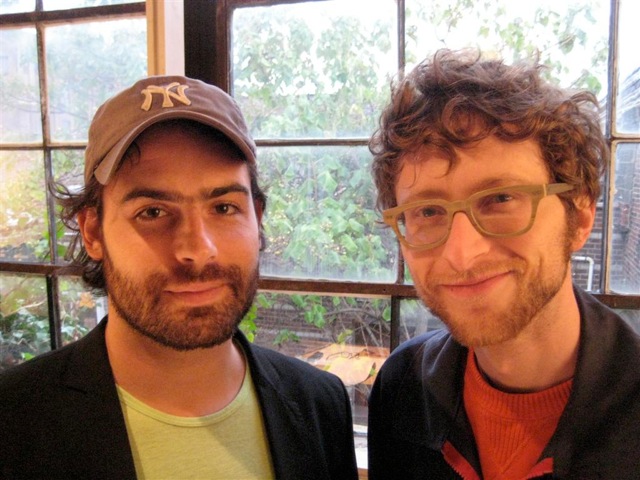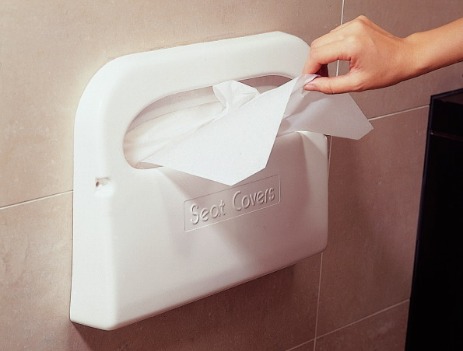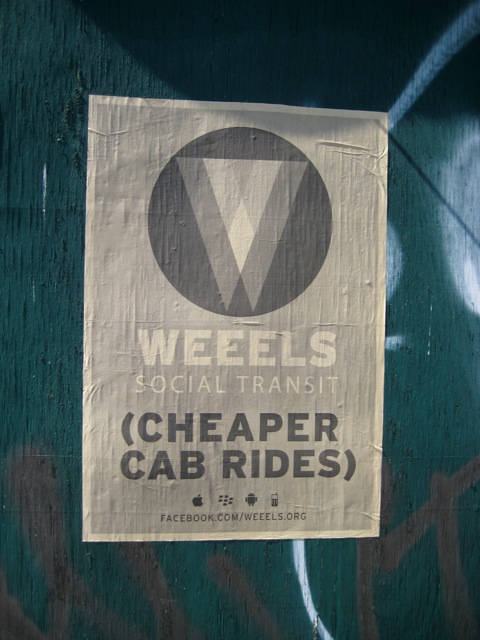What if the solutions to America’s transportation problems weren’t made out of concrete and steel, but out of zeros and ones? What if you could turn car services and taxis into an alternate public transportation system — by creating an iPhone app?
 David Mahfouda (left) and Alex Pasternack.Photo: WeeelsThat’s what David Mahfouda and Alex Pasternack, a pair of idealistic guys living in New York, are trying to do with Weeels, which launched in April 2010. Weeels is designed to find people who are looking to travel along similar routes and get them together so that they can save money — and so that the streets and fuel are used more efficiently.
David Mahfouda (left) and Alex Pasternack.Photo: WeeelsThat’s what David Mahfouda and Alex Pasternack, a pair of idealistic guys living in New York, are trying to do with Weeels, which launched in April 2010. Weeels is designed to find people who are looking to travel along similar routes and get them together so that they can save money — and so that the streets and fuel are used more efficiently.
Here’s how it works: You’re in downtown Manhattan or Brooklyn and you need a car service to take you somewhere. You launch the app on your smartphone, plug in your destination, and indicate whether you want to travel on your own or wait to share with someone who might be close by and headed in the same direction. The app tells you what the fare will be (not counting tolls and tips). If Weeels finds you a share, you can save some money. Your ride arrives in about 10 minutes.
So far, Weeels is up and running in a relatively small slice of New York. It uses a single car service, and isn’t connected to the city’s yellow cab fleet. But Mahfouda and Pasternack imagine it growing much bigger. And they both talk in pretty idealistic terms when they discuss their service. They describe it on their website this way:
As the world’s first social transit application, it is the first step in a mass transit movement aimed at giving individuals increased agency in their metropolitan transit experience — and at transforming the way we move around and between cities.
Sounds great. But getting a critical mass of users is proving difficult.
So far, only 2,000 people have downloaded Weeels, and just two or three rides are happening each day — few of them shared. Mahfouda and Pasternack say they want to leverage Facebook and Twitter to create a bigger network of Weeels users. They hope to promote the service at events where a large number of app-happy, cost-conscious people gather and will need to leave at the same time, like concerts in the city’s Williamsburg neighborhood, where there’s probably a smartphone in every pair of skinny jeans.
Mahfouda, 28, was inspired to work on transportation technology by his love of public transit. “I can’t tell you how many wonderful interactions and relationships have come out of public transit for me,” he said during a recent interview. After riding the Trans-Siberian Railroad and many trains in China, he dreamed of an America with many more trains.
What he saw when he looked around the United States, though, was cars. And that got him thinking. “Cars already exist,” said Mahfouda. “As a designer, the most responsible thing is to reuse and redesign what we have. So we looked at broadly repurposing cars.”
That line of thinking led, eventually, to Weeels.
Weeels is designed as a for-profit business — the partners get a referral fee from the car service for every ride taken — but when you’re talking to Mahfouda and Pasternack, they seem to get more excited about environmental and social issues than they do about the business side. Still, they realize that for Weeels to succeed, it has to provide people with something essential.
“We are driven by basic needs, getting around quickly and doing it cheaply,” said Pasternack, 27. “Not everyone will be interested in the environmental incentive, but everyone can agree on the need for better options when the L train [Williamsburg’s sole subway connection to Manhattan] isn’t working on the weekend.”
Pasternack and Mahfouda say the city government of New York, where transit service has been slashed and fares have gone up, is open to entrepreneurial transportation solutions like theirs. Mayor Michael Bloomberg’s administration has also shown an interest in other ways of sharing cars, recently announcing a pilot program to use hybrid Zipcars for city employees.
“The city is increasingly interested in building digital technology as an industry,” said Pasternack. “We want to be part of that. It’s good for the economy and the city. We want to make the city a better place.”



